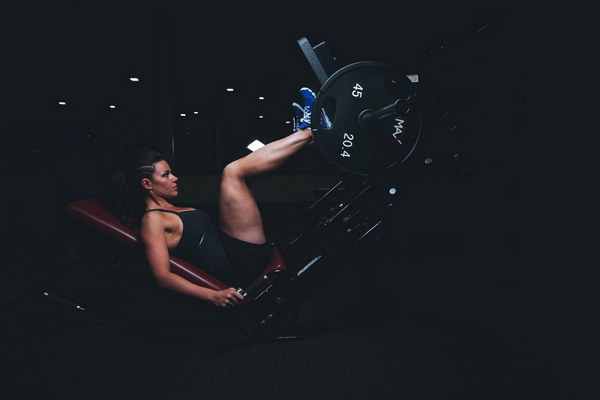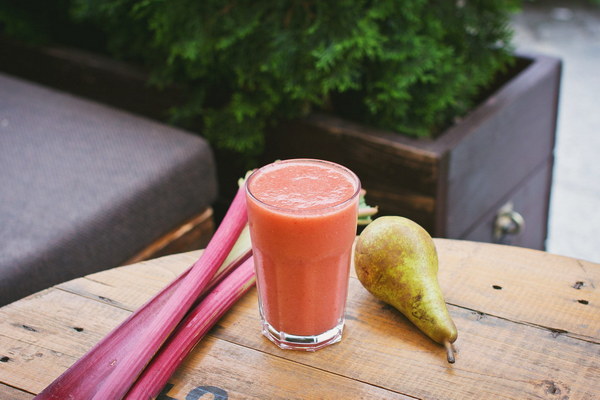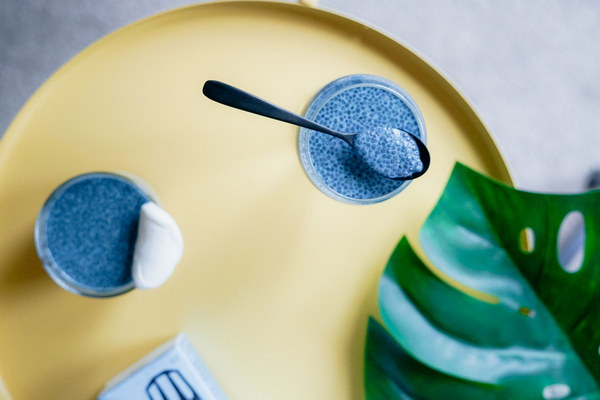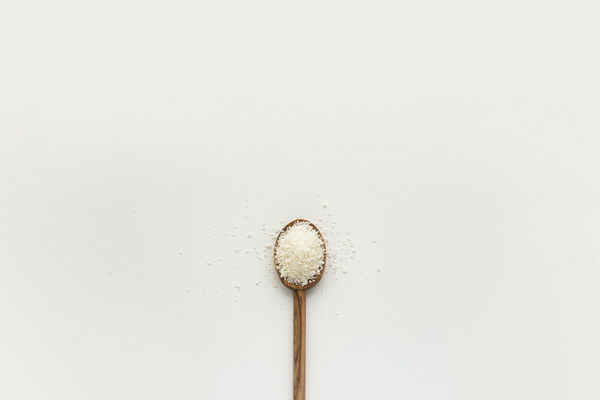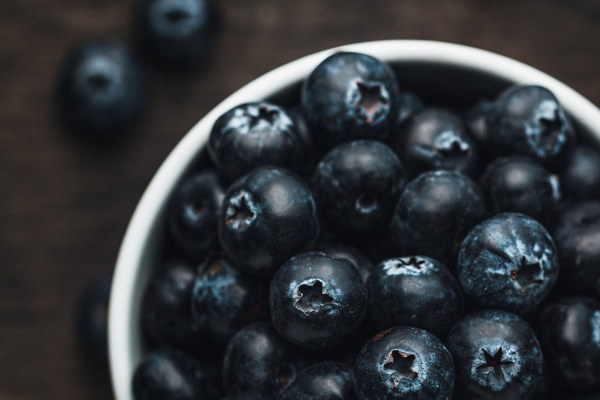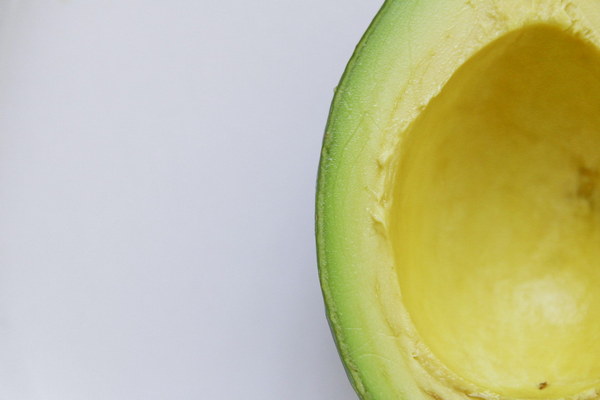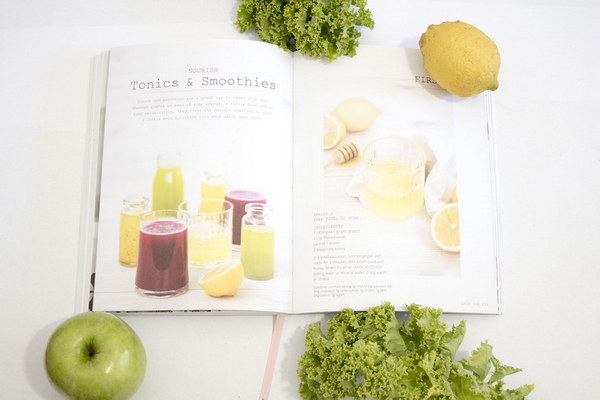Can Moisture-Relieving Treatments Alleviate Eczema Symptoms
Eczema, also known as atopic dermatitis, is a common skin condition that affects millions of people worldwide. One of the primary causes of eczema is the presence of moisture in the skin, which can lead to inflammation, itching, and redness. The question that often arises is whether or not moisture-relieving treatments can help alleviate eczema symptoms. In this article, we will explore the link between moisture and eczema, and discuss the effectiveness of moisture-relieving treatments in managing this chronic condition.
The Role of Moisture in Eczema
Eczema is characterized by dry, itchy, and inflamed skin, which is often caused by an overactive immune system. One of the key factors contributing to eczema is the skin's inability to retain moisture. This can occur due to a variety of reasons, such as genetics, environmental factors, and lifestyle choices.
When the skin lacks moisture, it becomes more susceptible to irritation and inflammation. The outer layer of the skin, known as the epidermis, serves as a protective barrier against external elements, including moisture. However, in individuals with eczema, this barrier is compromised, allowing moisture to penetrate the skin and exacerbate symptoms.
Moisture-Relieving Treatments for Eczema
Now that we understand the importance of moisture in eczema, let's explore the various moisture-relieving treatments that can help alleviate symptoms:
1. Moisturizing Creams and Ointments: Applying moisturizing creams and ointments is essential for individuals with eczema. These products help to restore the skin's natural moisture balance and protect the epidermis from further irritation. Look for products that contain ingredients like lactic acid, urea, or ceramides, which can help to strengthen the skin's barrier function.
2. Humidifiers: Using a humidifier in your home or office can help to maintain a healthy level of humidity, which can prevent the skin from becoming too dry. This is particularly beneficial during the colder months when indoor heating can strip the air of moisture.

3. Avoiding Harsh Soaps and Detergents: Soaps and detergents can strip the skin of its natural oils, leading to dryness and irritation. Opt for gentle, fragrance-free soaps and detergents that are formulated for sensitive skin.
4. Proper Hydration: Staying hydrated is crucial for maintaining healthy skin. Drinking plenty of water throughout the day can help to keep your skin moisturized from the inside out.
5. Wet Wrapping: Wet wrapping involves applying a moisturizing cream or ointment to the affected skin, followed by a layer of a damp, sterile bandage. This technique helps to lock in moisture and provide relief from itching and inflammation.
6. Antihistamines and Corticosteroids: In some cases, your dermatologist may prescribe antihistamines or corticosteroids to help manage eczema symptoms. These medications can help reduce inflammation and itching, and are typically used for short-term relief.
Effectiveness of Moisture-Relieving Treatments
The effectiveness of moisture-relieving treatments for eczema varies from person to person. While some individuals may find that these treatments significantly improve their symptoms, others may require a combination of approaches to achieve relief.
It is essential to work closely with your dermatologist to develop a personalized treatment plan that addresses your specific needs. They can help you identify the underlying causes of your eczema and recommend the most effective moisture-relieving treatments for your condition.
In conclusion, moisture-relieving treatments can play a significant role in managing eczema symptoms. By addressing the root cause of dryness and irritation, these treatments can help to improve the overall health and appearance of your skin. Remember to consult with a dermatologist to create a tailored treatment plan that best suits your needs.
